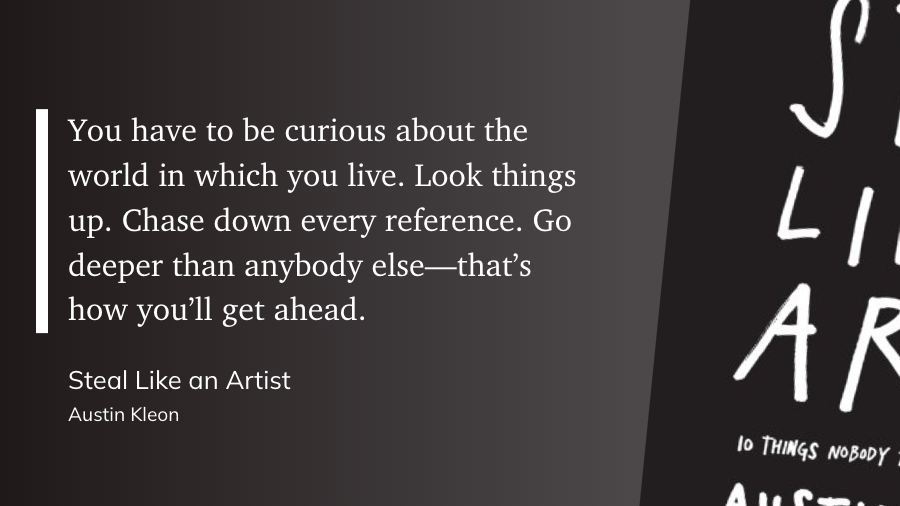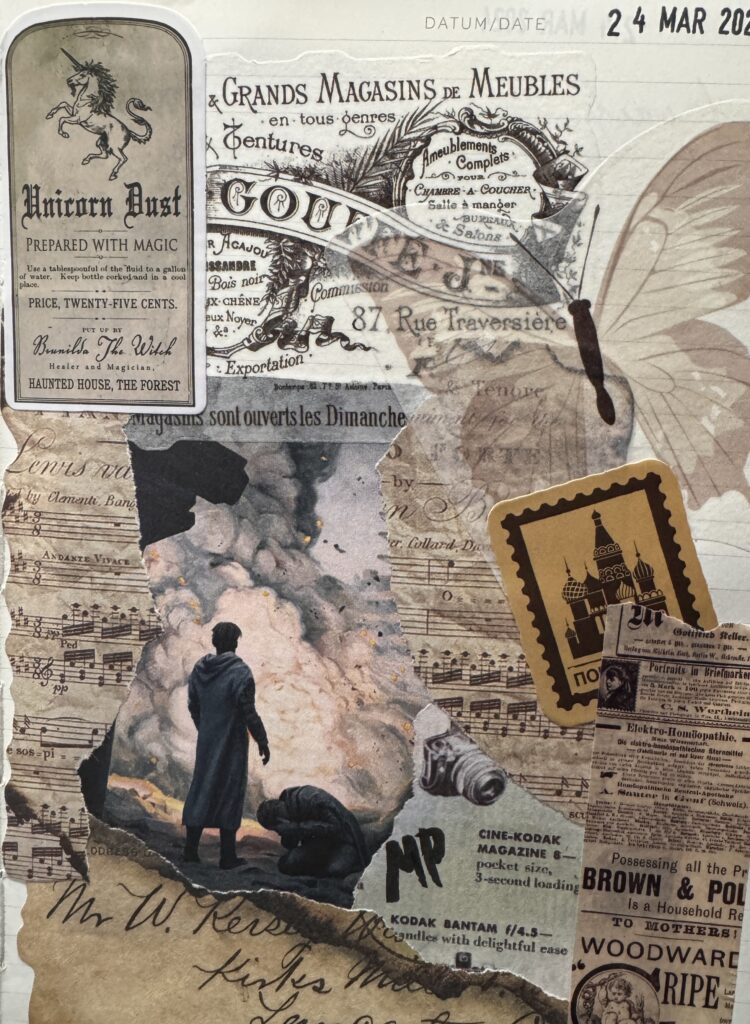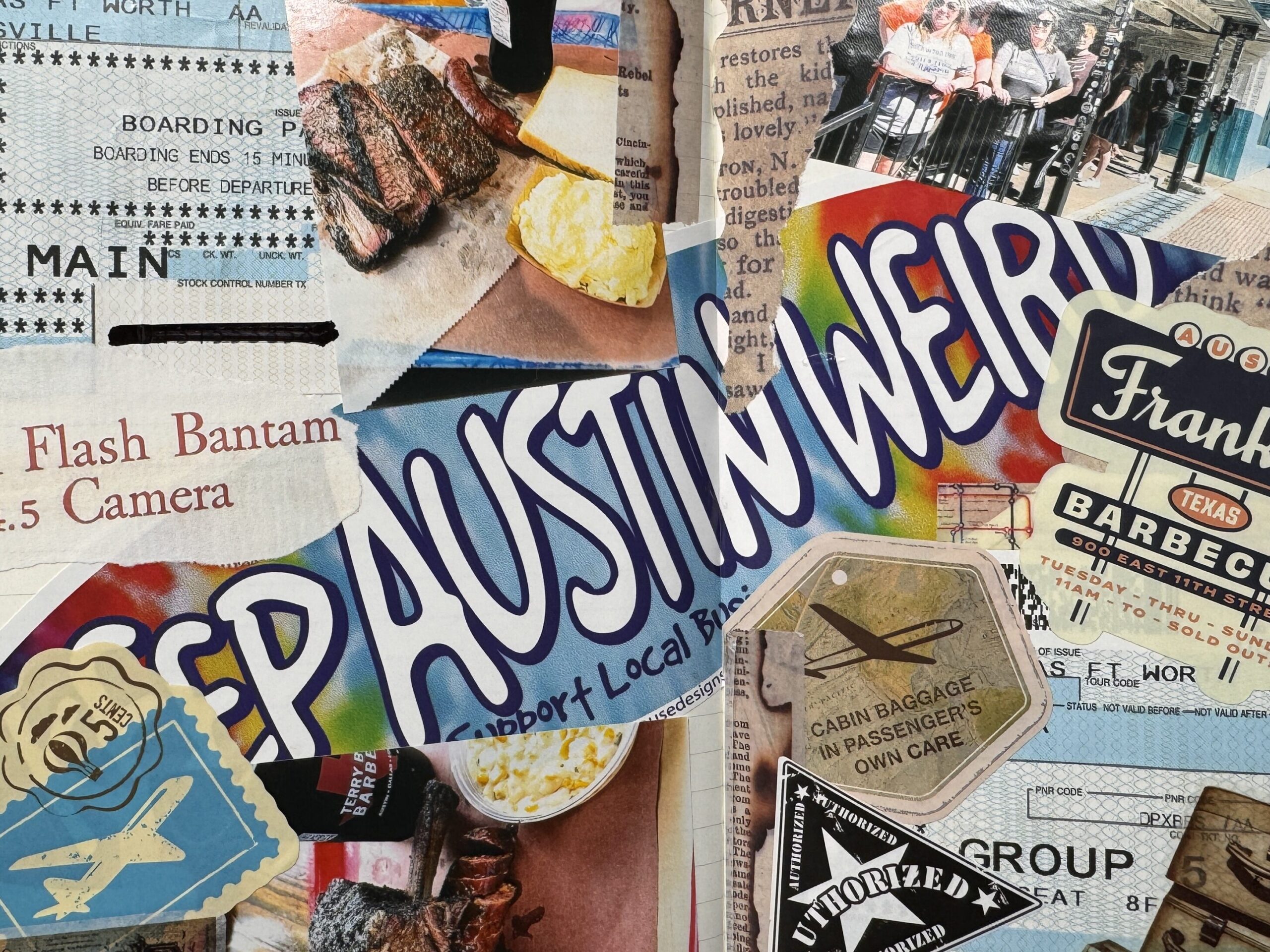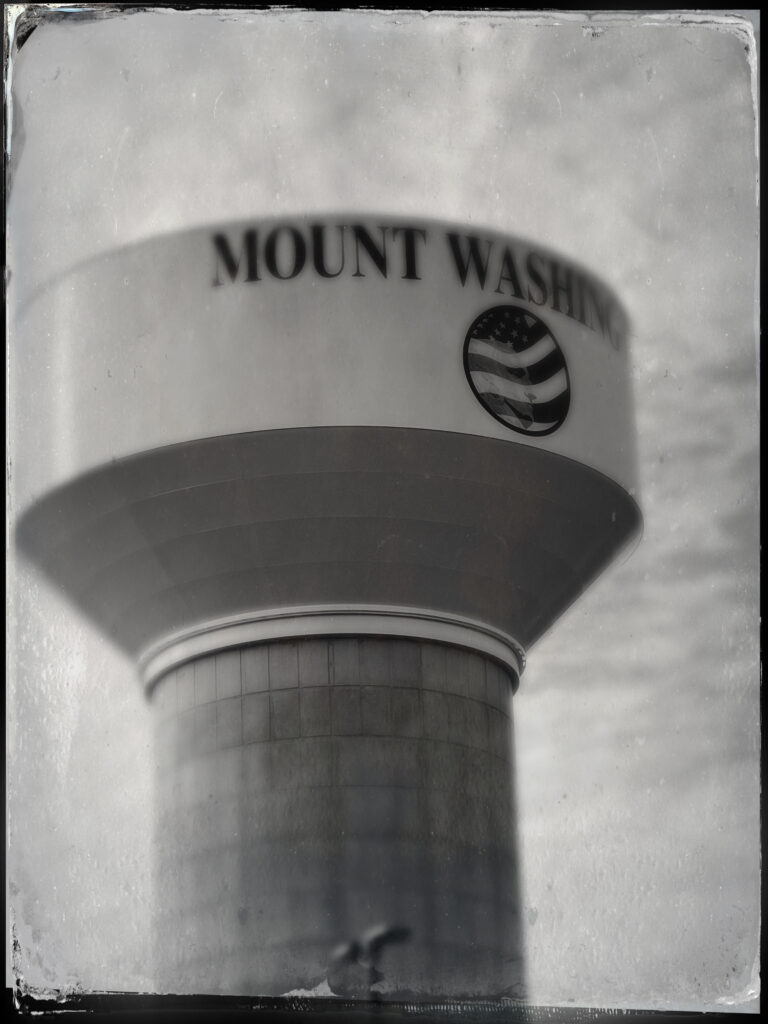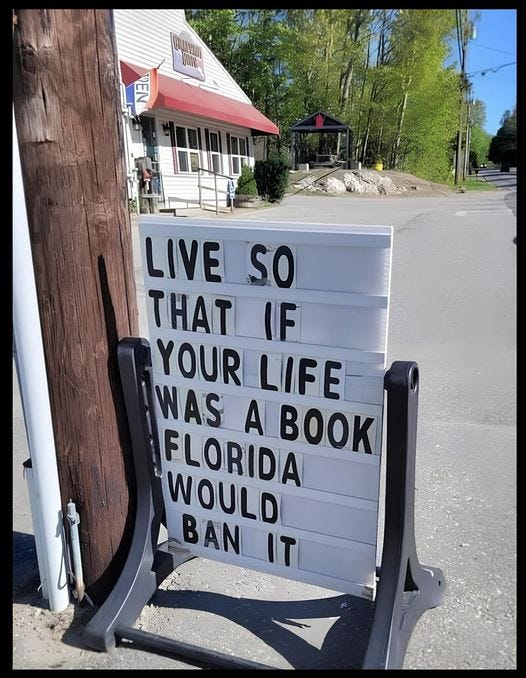
If I’ve learned anything in this life, it’s that we creative folk have to stick together. At the heart of it all, we are our own worst critics, thinking that no matter what we do or how amazing it may be, we are totally worthless, and our work is garbage.
Feel free to correct me if you think I’m wrong, but you’re just lying to yourself if you do. You know what evil lurks in the hearts of men, and it is self-loathing.
This is why it’s so important to come out of our little imperfect, introverted turtle shells and interact with others in the world who do what we do. Teachers, hang with other creative teachers—avoid those who hang in the staff lounge and do nothing but gripe about everyone and everything and say that it’s all someone else’s fault—they’ll help you refuel and tackle the world.
Creatives unite! In creative ways, if you can. Yes, unification can come online, regardless of what the experts say (remember, those experts who are telling you to get off your computer and go outside are the same ones who complained about spending too much time on your Nintendo, so clearly, they’re idiots).
Connect with others in whatever form makes sense for you and for them. You’ll be surprised how rich your relationships can be once you find kindred spirits.
My friend Brian is a kindred spirit and inspires me all the time. Brian writes books and comics and does his own illustrations. He’s run several successful Kickstarters. He’s incredibly creative.
And every day, his body is trying its very best to kill him. On many days, Brian can hardly breathe. But he soldiers on, day after day, breath after breath, doing his best to do what he was born to: create cool stuff.
He had to cut back on drawing because it took too much energy and breath, so he switched to writing his dreams. And now, he’s almost ready to launch another Kickstarter for the prose edition of his first epic, Memoirs of an Angel.
I’ve supported every Kickstarter and support Brian on a monthly basis through his Patreon. It’s certainly not much, but, like I said, we creative types gotta stick together. I’m supporting a friend and putting a little good karma out in the world for when I launch my own Kickstarter someday.
Yesterday, a little of that karma came back. Brian shared the dedication page for Memoirs of an Angel: The Grey Pilgrim, and wouldn’t you know it? Somehow, I got the honor of making the list.

Pretty flippin’ cool, if I say so myself. The goal and intention of supporting Brian wasn’t to get a mention in the book, it was to support creativity in the world because we need more creativity in the world.
You have something to give the world. Get busy. Show your work. Show your struggles. Show others that they have something inside of them to share, just like you do.
If we can do that, I believe we’ll make a better world for everyone.
Quote of the Day
“You have to be curious about the world in which you live. Look things up. Chase down every reference. Go deeper than anybody else—that’s how you’ll get ahead.” (Austin Kleon, Steal Like an Artist)
Sometimes, you need to give your creativity a jump. Dive into your favorite works and keep digging. Get ideas from everywhere. If you want to write a novel, do what Hunter S. Thompson did: type out The Great Gatsby and A Farewell to Arms because he wanted to know what it felt like to write a masterpiece.
Guess I have some typing to do…
Musical Interlude
David Gray had an absolute stranglehold on the pop music airwaves in 2000. His album, White Ladder, which he’d initially released on his own —he’d even recorded it in his London flat—was re-released on Dave Matthews’ ATO Records and man, did it ever hit.
Babylon was the biggest hit from White Ladder and it’s a great song, but Please Forgive Me is the bop that you can’t get out of your head.
More than twenty years later, this song still slaps, especially when your drummer is a talent like Clune (who goes off on an incredible riff around the 2-minute mark), and you’ve got the BBC orchestra backing you up.
Crank this one and get up and dance in your office.
Long Read of the Day
“No stupid literature, art or music lasts.”
That’s a quote from literary critic George Steiner (1929-2020)—in his highly recommended book Real Presences from 1986.
I was shocked when I read that sentence. But pleasantly shocked.
Could it really be true that all the sonic detritus circulating in our culture will just magically disappear? It seems too good to be true.
Ted Gioia shares his thoughts about the eventual downfall of all bad music but admits that amongst all the bad, some good art will also be lost because people simply don’t know about it.
Video of the Day
Speaking of Hunter S. Thompson, his good friend Ralph Steadman created many illustrations alongside Thompson’s writing. Steadman’s art is pretty iconic. Here’s a glimpse into his work and signature style:
Final Thoughts
Spring storm season in Kentucky is stressful and seems to be getting worse every year, regardless of your political stance. Last night, several large thunderstorms marched through the area, bringing with them tornadoes.
Stay safe and keep your family close, friends. Heed warnings and don’t try to be a storm watcher, leave that to the experts.
The Eclectic Educator is a free resource for all who are passionate about education and creativity. If you enjoy the content and want to support the newsletter, consider becoming a paid subscriber. Your support helps keep the insights and inspiration coming!
